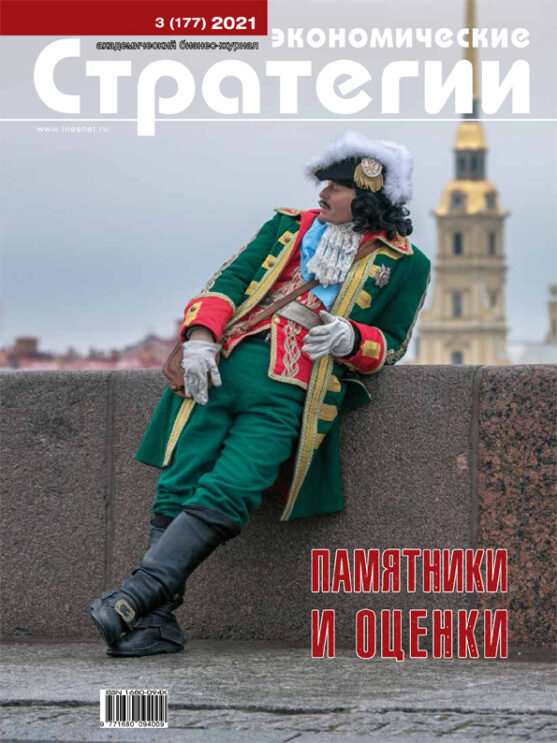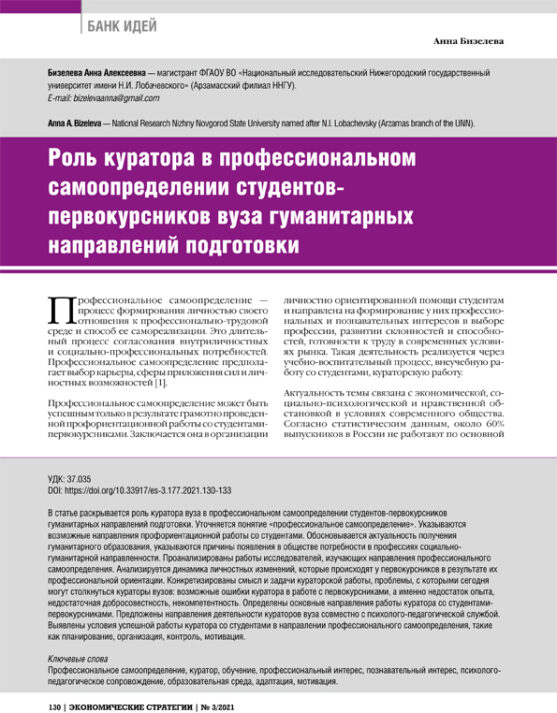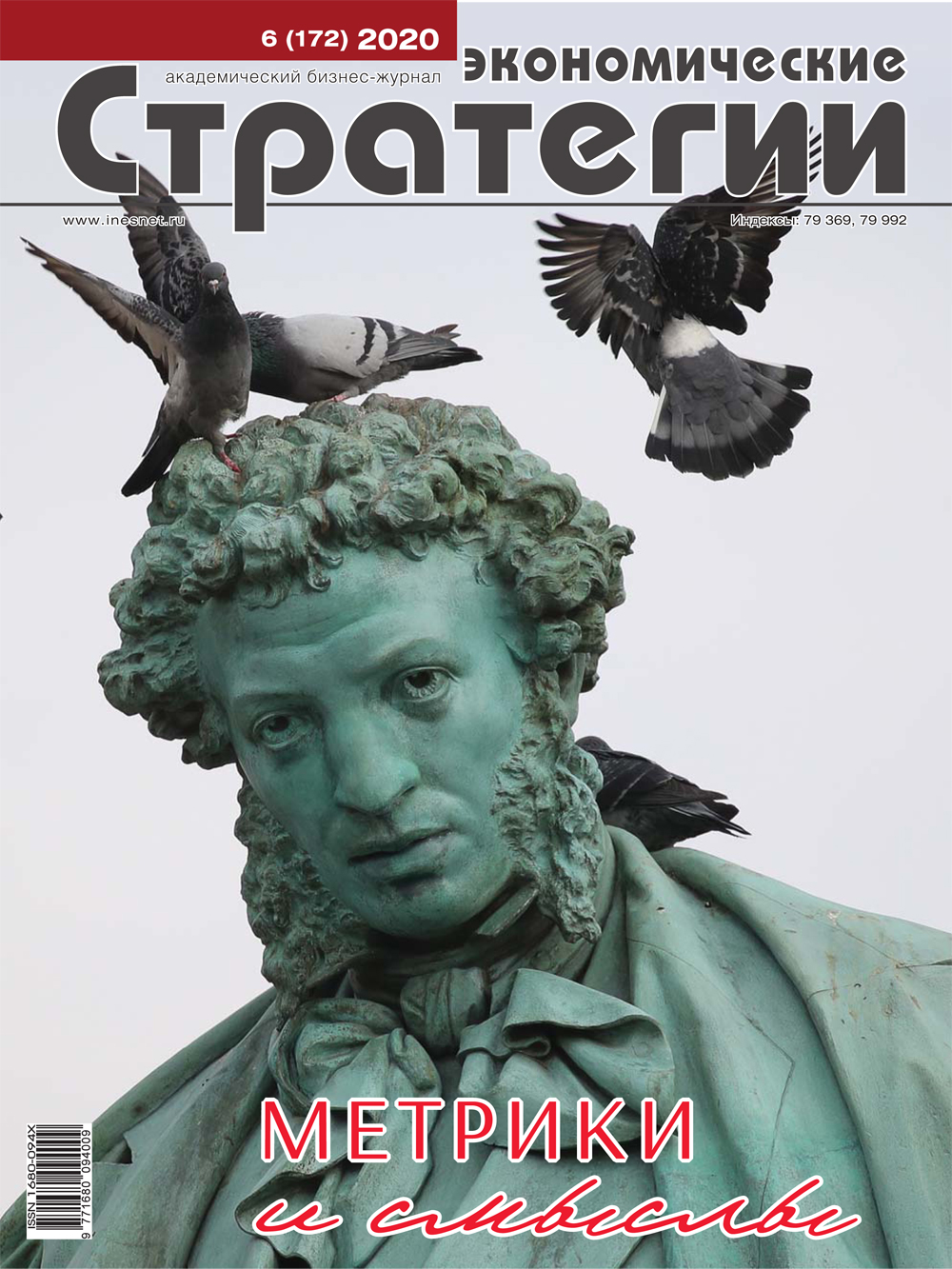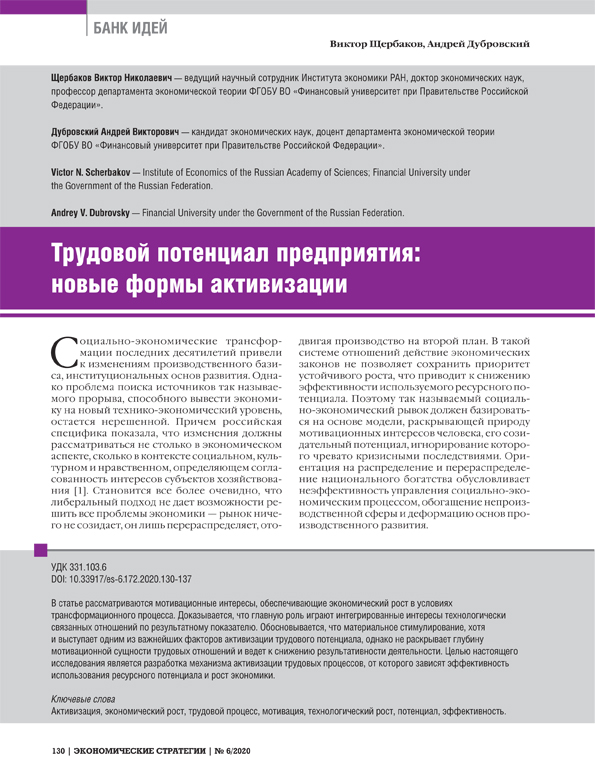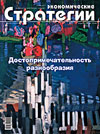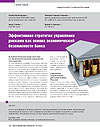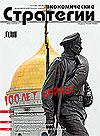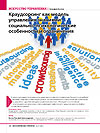The Role of the Curator in the Professional Self-Determination of First-Year Students of the University in the Humanitarian Areas of Training
DOI: https://doi.org/10.33917/es-3.177.2021.130-133
The article reveals the role of university curators in the professional self-determination of first-year students in humanitarian areas of training. The concept of “professional self-determination” is being clarified. Possible directions of professional orientation work with students are indicated. The relevance of the topic of obtaining a humanitarian education in society is substantiated, the reasons for the emergence in society of the need for professions of a social and humanitarian orientation are indicated. The works of research scientists studying the areas of professional self-determination are analyzed. The dynamics of personal changes that occur with firstyear students as a result of their professional orientation are analyzed. The meaning and tasks of curatorial work are presented, as well as problems that university curators may face today: possible mistakes of the curator in working with first-year students, namely lack of experience, lack of conscientiousness, incompetence. The main directions of the curator’s work with first-year students are revealed. The directions of activity of the university curators in conjunction with the psychological and pedagogical service are proposed. The conditions for the successful implementation of the curator’s activities with students in the direction of professional self-determination, such as planning, organization, control, motivation, are noted.


